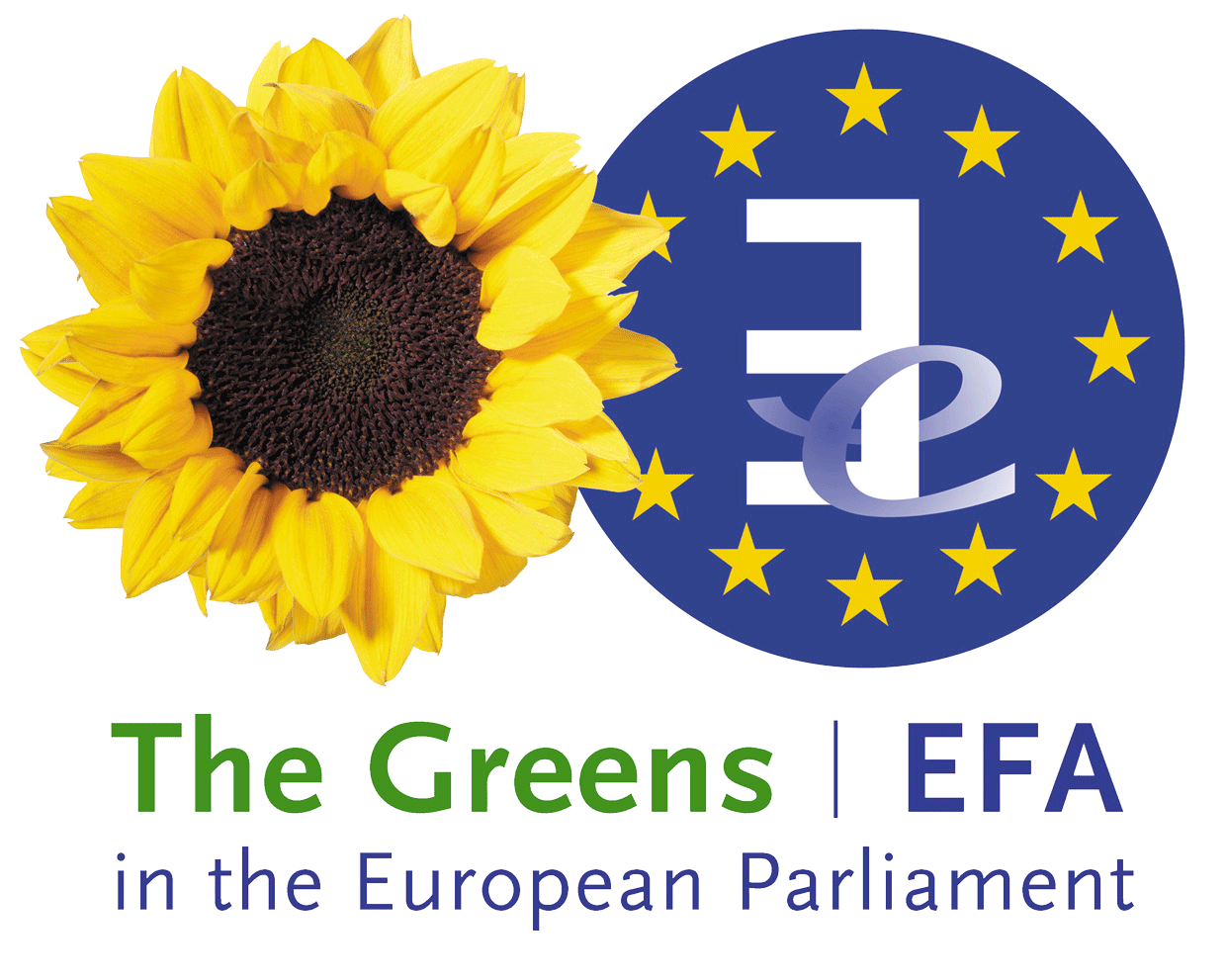Recovery from the crisis : a way ahead for sport in Europe ?

On the 10th of February 2021, the plenary session of the European Parliament voted a resolution on The impact of COVID-19 on youth and on sport. The resolution was adopted by 592 votes in favour, 42 against, and 57 abstentions. Before the plenary vote, the CULT Committee of the European Parliament voted the resolution on 27 of January by 25 votes in favour, 2 against, and 2 abstentions.
The COVID-19 pandemic has had an enormous economic and social impact across all levels of the sport sector, starting from professional sports to grassroots sports, fitness centres, athletes, coaches, sport staff and volunteers, sport events and media. This Resolution calls the European stakeholders to increase their efforts to prevent the pandemic from having lasting negative effects on young people and sport. The sport sector needs a robust strategy and strict cooperation among the Member States and the EU to recover from the crisis.
 Sport and Citizenship actively participated in the decision-making process by advising the Greens/EFA Group. Our experience helped us to advocate for the need to include the sport sector in the national recovery instruments as well as in the post-20 European funds, and for an increased recognition of the social impact of sport and its measurement.
Sport and Citizenship actively participated in the decision-making process by advising the Greens/EFA Group. Our experience helped us to advocate for the need to include the sport sector in the national recovery instruments as well as in the post-20 European funds, and for an increased recognition of the social impact of sport and its measurement.
On the one hand, supporting sport and physical activity would consolidate the EU’s response to the pandemic as from a public health perspective, since physical activity can increase the body’s resilience and prevent diseases associated with a sedentary lifestyle. A coordinated effort from the Member States and the EU is essential in order to develop a comprehensive approach to sport, indeed, needs a comprehensive approach that encompasses both the European and the national levels. National funds, EU structural funds recovery and resilience national plans, as well as the EU Health programme, should therefore be the basis for a complete recovery of the sport sector.
On the other hand, Sport and Citizenship, as the first and only European Think tank in the field of societal sport, truly believes in the social impact of sport and its importance. Thus, it considers essential to explicitly differentiate between the economic and social impacts of sport, and to do so when examining the impact of COVID-19 on the sport sector. The economic impact is easier to measure, with an impressive number of methodologies that already exist, and various stakeholders able to take on this task. On the contrary, measuring the social impact of sport requires further investigation, monitoring, support and funding. Using the same tools to measure the “socio-economic impact of sport” will result in an accurate measure of its economic impact at the cost of its social aspects. Therefore, Sport and Citizenship advocates for a clear division between the economic and the social impact of the pandemic on the sport sector and for a major recognition of the social impact of sport.
We fully support the resolution chaired by Sabine Verheyen, and we are honoured to have contributed to its final result. Indeed, point 22 “calls on the Commission and the Member States to strengthen the recovery and crisis resilience of the sports sector” through EU programmes and ensures “ full access for sport to the Recovery and Resilience Facility, the European Regional Development Fund, the Cohesion Fund, the European Social Fund Plus, and EU4Health”. An EU-wide approach could, therefore, be implemented to help the sector recover, especially by addressing recovery within the EU Work Plan for Sport.
Regarding the point 23 of the resolution, although we welcome the clear separation between the economic and social impact of the COVID-19 pandemic on sport, we are concerned about the lack of further recognition of the social impact of sport. We reiterate our intention to strengthen and deepen the recognition of the social impact of sport at the European level and advocate for the need of a specific support.










 MEMBERSHIP
MEMBERSHIP CONTACT
CONTACT FACEBOOK
FACEBOOK